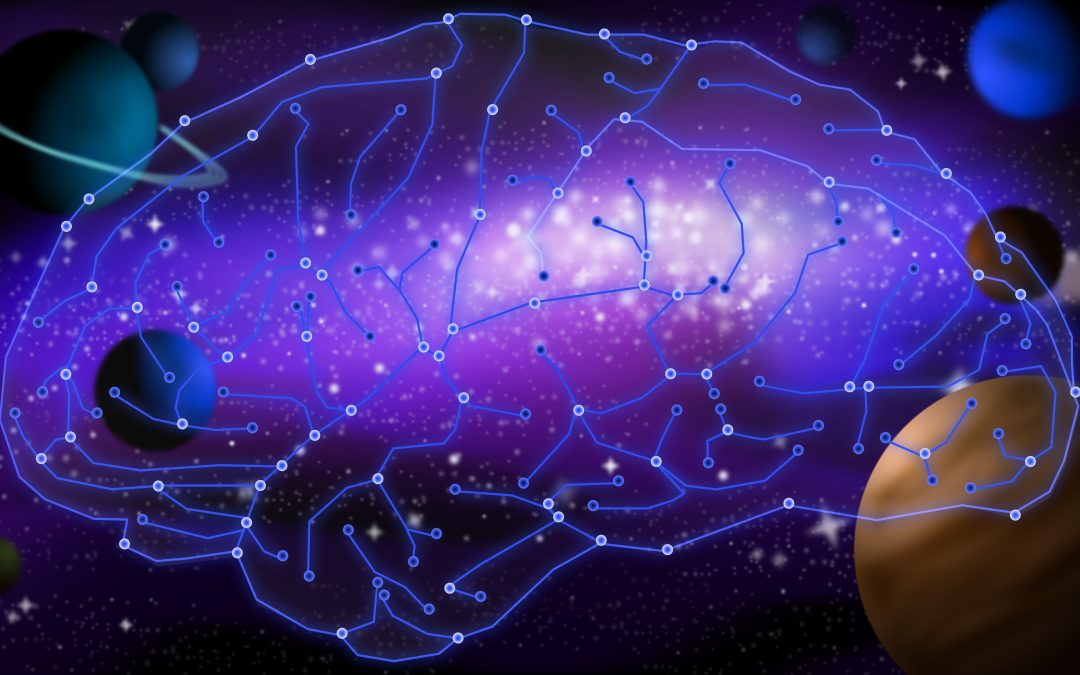OBJECTIVES AND PROGRAM
The Interdisciplinary Research Group in Neurobioethics (GdN) of the Pontifical Athenaeum Regina Apostolorum (APRA) in Rome, taking its lead from neuroscientific research and applications of emerging and converging technologies to humans, will devote the reflection, research, publication and training of the year 2022-2023 to the critical examination of scenarios related to the so-called “Metaverse”: from the developments and medical-clinical applications of virtual reality and augmented reality (in particular in the neurological, neurosurgical and psychiatric context), to the philosophical-theological and neuroethical reflections on the same technological tools.
These themes of robotics, of the development of artificial intelligence, of the multiple applications of human enhancement, are questions that today’s men and women are called to address in order to decide the direction to give to technological progress.
This sixth specialization course in neurobioethics ‘Neurobioethics and Metaverse’ will gather the results of the interdisciplinary reflection of the GdN. The course will be offered in Italian and English and will be streamed online and recorded for those who register.
The year 2023 marks the 50th anniversary of the introduction, in a scientific context, of the neologism “neuro-ethics” by the neuropsychiatrist Anneliese Alma Pontius. After a 13-year research experience, the GdN will offer a series of 10 seminars and round tables from September 2022 to June 2023, (including the March conference within the World Brain Week promoted by the DANA Foundation) on the technological, neurological, neurosurgical, psychiatric, psychological, ethical, bioethical, legal and theological aspects related to the concept of “Metaverse”. The main purpose is to become aware of the anthropological, ethical, legal, health and social consequences and repercussions of such virtual and augmented reality uses and interventions for human life.
Special emphasis will be given to the consideration of issues related to the principles enshrined in the 2005 UNESCO Declaration on Bioethics and Human Rights. This sensitivity will specifically touch on issues related to the limit, dignity, identity and value of the human body.
Promoters:
Faculty of Bioethics
UNESCO Chair in Bioethics and Human Rights
Institute of Science and Faith
COURSE STRUCTURE
The course consists of a monthly meeting of two hours (seminar or round table). The dates, times of the meetings are as follows:
23/09/2022, 17-19:00
28/10/2022, 17-19:00
25/11/2022, 17-19:00
16/12/2022, 17-19:00
27/01/2023, 17-19:00
24/02/2023, 17-19:00
17/03/2023, World Brain Week Conference, 15-19:00
28/04/2023, 17-19:00
26/05/2023, 17-19:00
23/06/2023, 17-19:00
The specific contents and speakers will be communicated month by month and will range from technological, neurological, neurosurgical, psychiatric, psychological, ethical, bioethical, legal and theological aspects related to the concept of “Metaverse”.
AUDIENCE
The training course is aimed at those who want to become more aware of the development and application of emerging technologies to human beings; in particular: politicians, engineers, doctors, bioethicists, philosophers, theologians, teachers and formators. A certificate will be issued at the end of the course and 3 ECTS credits will be awarded, after the evaluation of a written work.
ENROLLMENT
The registration and total course fee is € 400.
Enrollment by 30/09/2022: € 50 discount
Enrollment deadline: 28/10/2022
Training Course Coordinator:
Prof. Fr. Alberto Carrara, L.C.
For further information
Faculty of Bioethics
Tel: 06/916891

